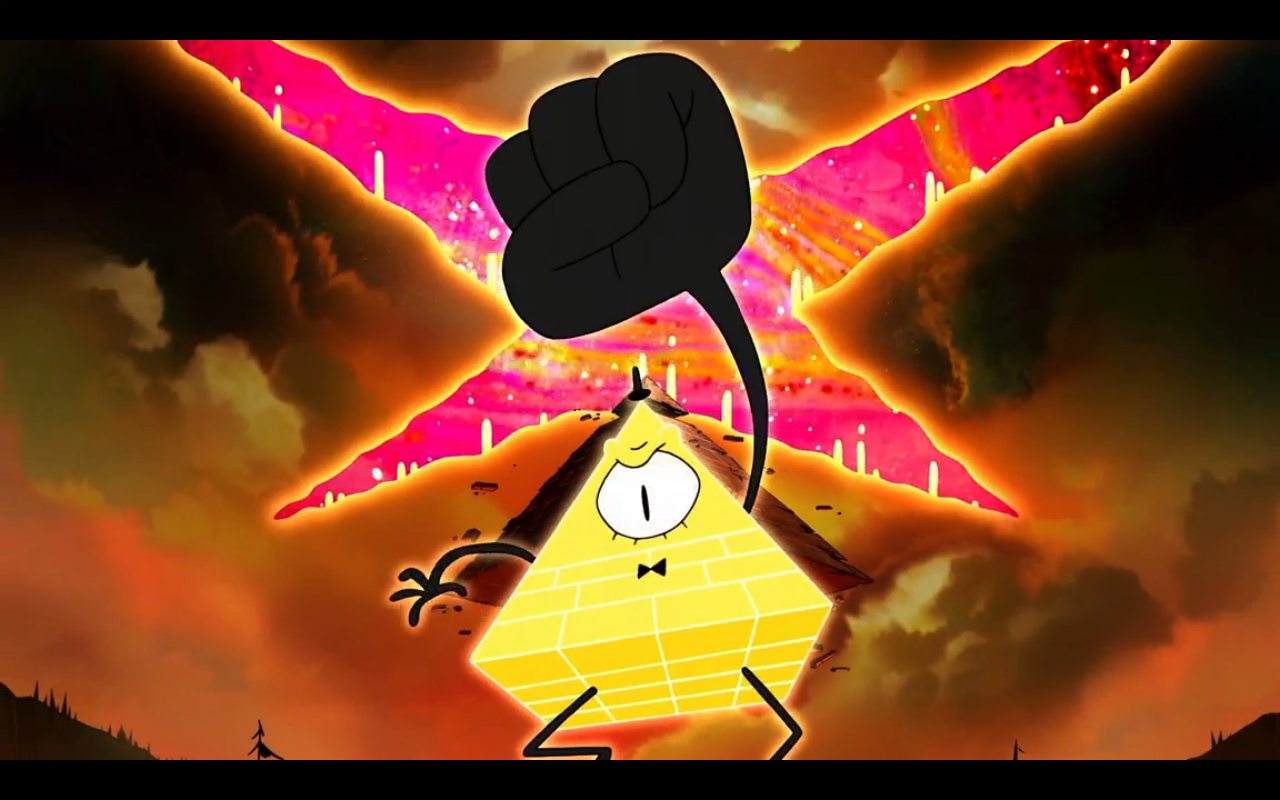
Homer: “Linguo… dead?”
Linguo: “Linguo… is dead.”
Airdate: April 29th, 2001
Written By: Matt Selman
Plot: The Simpson clan, known for ordinary days going out of hand, have one hell of a doozy through three separate events. Homer’s silliness results in his thumb getting cut off, and his quest to get it reattached is thwarted at many a turn. Lisa’s drive to get to the school science fair is detoured thanks to less than ideal directions. Concurrently, Bart and Milhouse wind up part of a fireworks sting operation. The connections between the three threads wind up more consequential than the trio suspect at first glance.
Review:
Am I done yet?
As you can infer from this (and most of my recent Simpsons reviews), I’ve reached the breaking point with this show. I reached it a long time ago, but I’m just about ready to power through and finally shove it into the rearview mirror and stick to the golden era until the day I become worm food.
You know what? I’m calling it. These next four reviews are all going to be Simpsons reviews. I’ve thought about it before, but “Simpsons Safari” might have finally broken the remnants of my spirit. I’ve been reviewing this show’s decline into sub-mediocrity for six-and-a-half years, and it’s time to move the hell on, find something new. I’ve already found that something new, but might as well clean the old out before moving to pastures that haven’t been left without maintenance for lengthy periods of time.
BRING IT ON, SIMPSONS WRITERS! BRING IT ON!
Fortunately for me, the show has seen it fit to throw me a bone. And a really tasty bone, at that! I speak no hyperbole when I say that “Trilogy of Error” might just be the best episode from Mike Scully’s tenure as showrunner. I would even go as far as to say that it would fit firmly in the middle of a ranking of “golden era” episodes.









You must be logged in to post a comment.